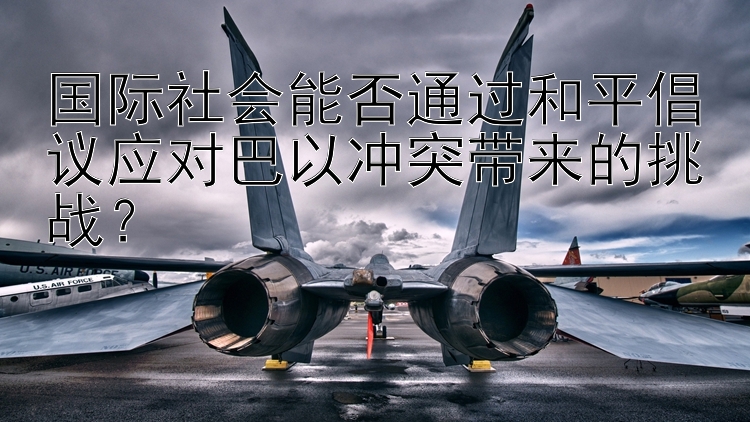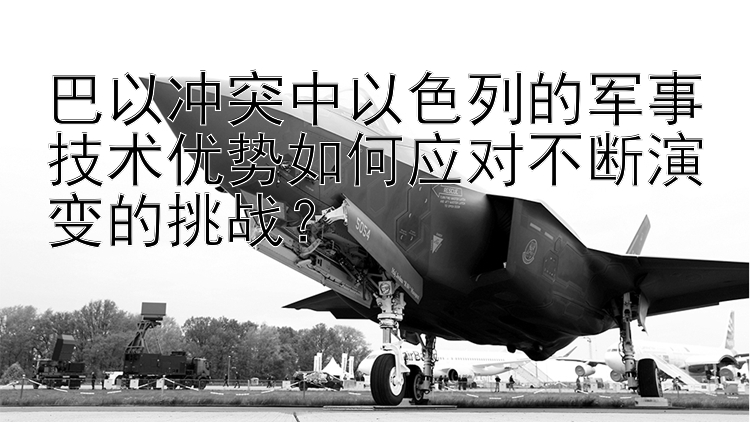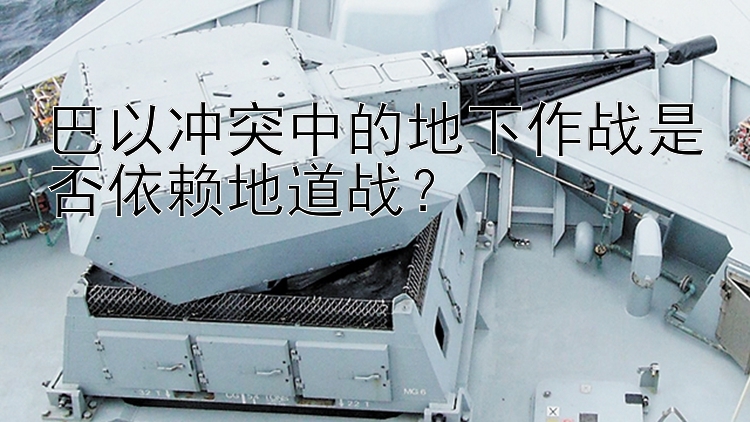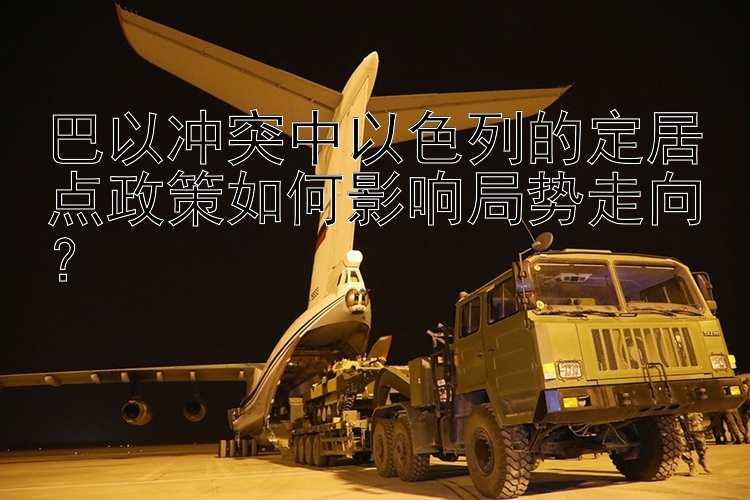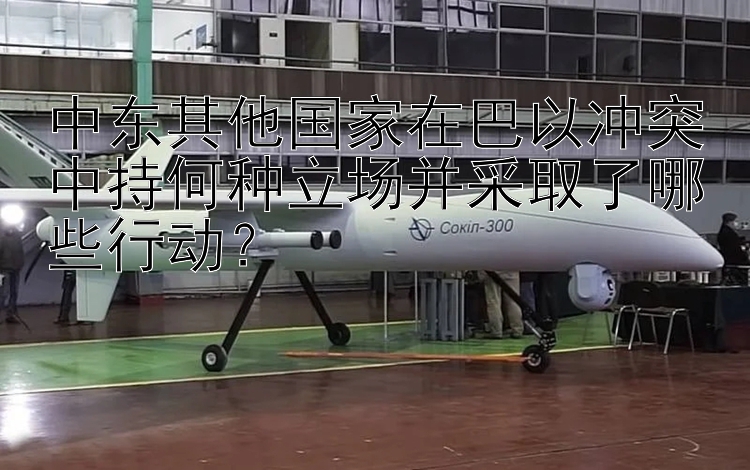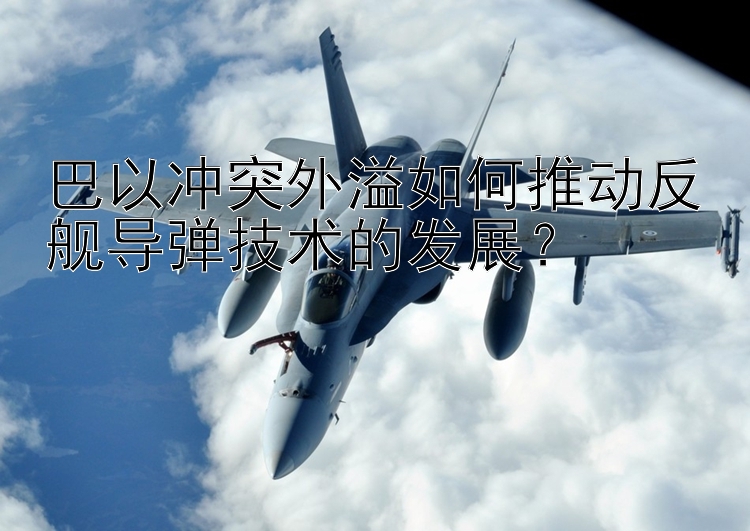《如何维持或打破巴以冲突中的军事战略平衡?》
在探讨如何维持或 break 巴以 conflict 中的 military strategy balance 时,我们首先需要了解双方的历史背景、政治立场和安全需求。巴勒斯坦和以色列之间的冲突已经持续了几十年,期间发生过多次战争和暴力事件。双方的 strategic interests 和 security concerns 是复杂且多变的,这使得 finding a lasting solution to the conflict extremely challenging.
为了 maintain or disrupt 这种 strategic equilibrium, both sides have employed various tactics and strategies over the years. Israel has long relied on its superior military capabilities and technological edge to deter attacks from neighboring countries and militant groups. Its defense forces are highly trained and equipped with state-of-the-art weapons systems. Additionally, Israel's intelligence services are widely recognized for their effectiveness in gathering information about potential threats.
On the other hand, Palestinian factions, such as Hamas and Fatah, have utilized guerrilla warfare, asymmetric tactics, and terrorist attacks to achieve their objectives. These include resistance against Israeli occupation and the establishment of an independent Palestinian state. However, these methods often lead to civilian casualties and international condemnation, which can undermine support for the Palestinian cause.
One way to preserve the military strategic balance is through diplomatic efforts aimed at reaching a comprehensive peace agreement that addresses the core issues of the conflict, including borders, Jerusalem's status, refugees, and security arrangements. Such an agreement would require significant concessions from both sides and could involve international mediation and guarantees. This approach seeks to create conditions where neither side feels threatened enough to resort to violence, thus reducing the likelihood of escalating tensions and hostilities.
To upset this balance, one might consider providing additional resources or support to either party to tip the scales in their favor. For example, some argue that arming Palestinians more heavily could help them better defend themselves against Israeli aggression. Others suggest that imposing sanctions or limiting arms sales to Israel could weaken its position of dominance in the region. However, any unilateral action taken without considering the broader implications could exacerbate the situation and make a peaceful resolution even harder to attain.
In conclusion, maintaining or disrupting the military strategic balance between Israel and Palestine requires careful consideration of complex factors affecting both sides. It involves not only military strength but also political will, regional dynamics, and global support. Finding a sustainable path forward necessitates dialogue, cooperation, and a commitment to justice and human rights for all parties involved. Only then can we hope to see a future where peace prevails over conflict, and stability replaces turmoil.

